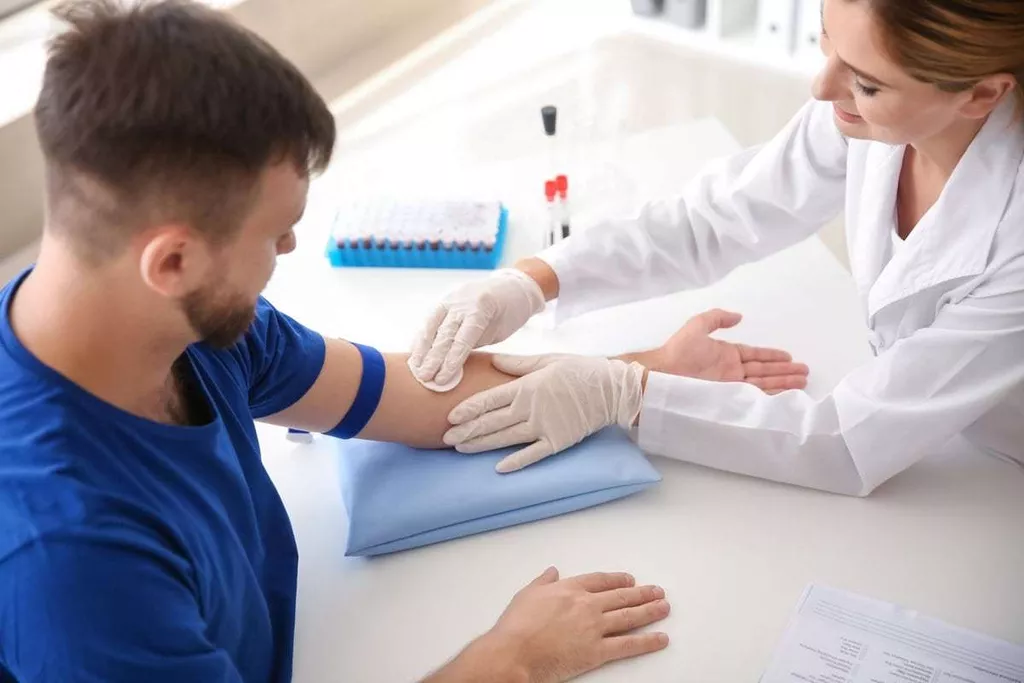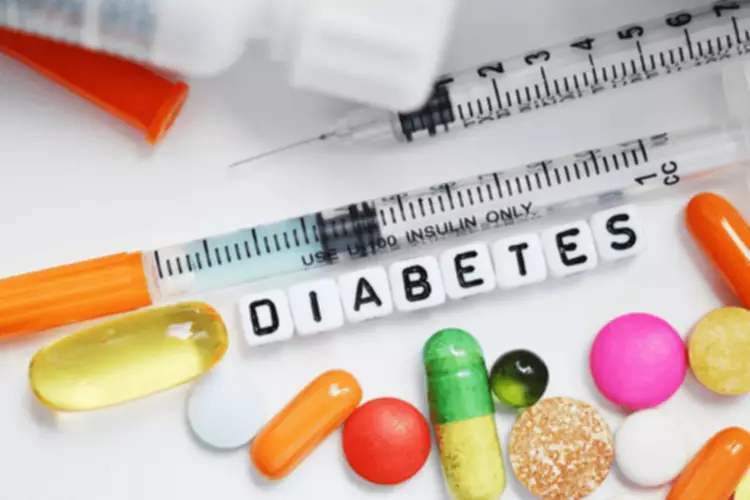Early-stage alcoholism is the beginning of the person’s chronic use and pathway to abusing alcohol. Any of these symptoms are signs that immediate medical attention is necessary. At this stage, a person’s BAC will range from 0.25 to 0.4 percent. Find support for yourself and other family members in a rehab family program. Go to an Al-Anon or Alateen meeting or set up an appointment with a mental health professional. At the end of the day, the person with addiction has to be willing to accept help.
Headache, Nausea, Disrupted Sleep
But esophageal varices are prone to rupture, and when they do, the alcoholic can bleed to death. Later, it can cause fatigue, bleeding and bruising, itchy skin, yellow discoloration of the skin and eyes and fluid accumulation in the abdomen known as ascites. Fluid buildup in end-stage liver disease is a particularly ominous sign. Fifty percent of patients with ascites typically die within two years if they don’t have a liver transplant. Even though alcohol has become a significant part of everyday life, early-stage alcoholics often deny that they have a problem and may be defensive about their drinking. They may also rationalize, or make excuses, for their behavior and insist they can stop drinking whenever they feel like it.
Strategies for Dealing with Alcohol Use Disorder: What to Say and Do
While giving up alcohol can be a challenge, it’s important to remember that the benefits are well worth it. It can be helpful to write down your reasons for quitting and the difficulty of withdrawal while it is fresh in your mind. John C. Umhau, MD, MPH, CPE is board-certified in addiction medicine and preventative medicine. For over 20 years Dr. Umhau stages of alcohol intoxication was a senior clinical investigator at the National Institute on Alcohol Abuse and Alcoholism of the National Institutes of Health (NIH). You’ll soon start receiving the latest Mayo Clinic health information you requested in your inbox. This stage can be very dangerous and even fatal if a person chokes on their vomit or becomes critically injured.
More Questions about Treatment?
Yet that’s what slowly happens, to a certain extent, when you drink and don’t stop drinking alcohol. Alcohol seeps into the brain, affecting the different parts of your body’s motherboard as you drink more and more. Alcohol intoxication, also referred to as drunkenness, ethanol intoxication, or alcohol poisoning in severe cases, is a temporary condition caused by drinking too much alcohol. The amount of alcohol needed for intoxication varies from person to person.
- However, try not to have too many firm expectations, as symptoms can continue for multiple weeks in some people.
- You may also begin to notice a number of improvements in your physical health.
- You must seek emergency medical treatment for a person who’s showing symptoms of alcohol poisoning.
Your Guide to the Stages of Alcohol Recovery – Healthline
Your Guide to the Stages of Alcohol Recovery.
Posted: Fri, 03 Nov 2023 07:00:00 GMT [source]
As increased drinking continues, you become more dependent on alcohol and are at risk of developing alcoholism. If a person believes they may be drinking excessively or may have developed AUD, they should speak with a healthcare or mental health professional or reach out to a support organization. Also known as drunkenness, alcohol intoxication is the negative behavior and physical effects caused by drinking alcohol.

- You might notice this effect more if you were drinking to manage your mood, such as drinking to temporarily relieve negative emotions or boost positive ones.
- An exciting part of this period is that it can lead you to a happier life full of welcomed change and constant improvement.
- Psychotherapy options such as cognitive-behavior therapy (CBT) and motivation enhancement therapy (MET) can help change unhelpful thinking patterns, teach valuable coping skills, and improve the motivation to quit.
- For some, symptoms already start to subside, while others begin to experience more severe ones.
By this point, most physical withdrawal symptoms should have subsided and you should start to feel less anxious and more positive. When you stop drinking, various things happen to your mind and body. However, the nature and intensity of these effects can vary depending on how much and how frequently you drink. While occasional social drinking may not result in significant changes when you decide to quit, you may experience more significant effects if you have been drinking heavily for an extended time. Millions of people join support groups to help stop drinking and stay stopped.

Others struggle with insomnia and poor-quality sleep long after they quit drinking. Going into the second day of abstinence from alcohol, people typically report a wide variety of experiences. For some, symptoms already start to subside, while others begin to experience more severe ones. Those who seek medical attention tend to feel better than whose who do no.
While any form of alcohol abuse is problematic, the term “problem drinker” refers to someone who starts experiencing the impacts of their habit. Drinking large amounts of alcohol at one time is dangerous, and can even lead to coma or death. Furthermore, you may become dependent on the feeling you get from drinking and find that these episodes increase in frequency. The first stage of alcoholism is a general experimentation with alcohol.
Sobriety, or subclinical intoxication (0.01 – 0.05 BAC)
Once stabilized, the goal is to transition from detox, to treatment, to maintenance (practicing sober living by changing your life), to transcendence—the final step in the path to recovery. For most people, a single drink — for example, 1.5 ounces (oz) of hard liquor, 12 oz of beer, or 5 oz of wine — will elevate blood alcohol by 0.06 or 0.07 per drink. Because alcohol changes the way the brain processes information, it also makes it difficult for people to make suitable decisions or assess their own behavior. For example, people who are very drunk might underestimate how intoxicated they are.
The experience of alcohol intoxication is different for each person. Those who have not experienced alcohol intoxication may wonder what it feels like to be “drunk.” It can affect mood, speech, judgment, and more. Alcohol addiction is characterized by a physical and psychological need to drink. At this point, you have an attachment to alcohol that has taken over your regular routine. You’re aware of the adverse effects, but no longer have control over your alcohol consumption. Frequent, uncontrolled alcohol abuse eventually leads to problem drinking.

